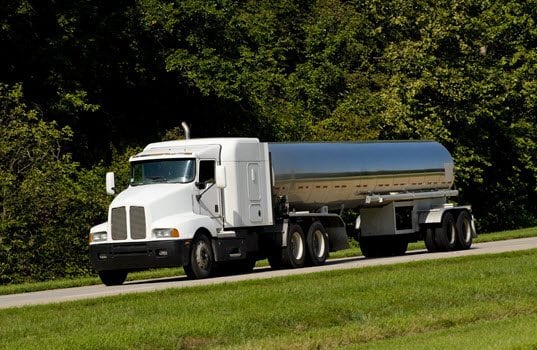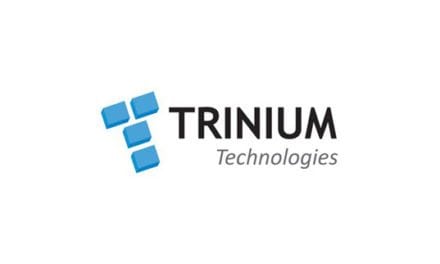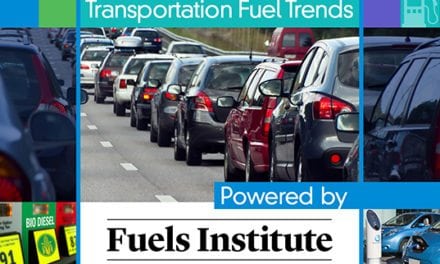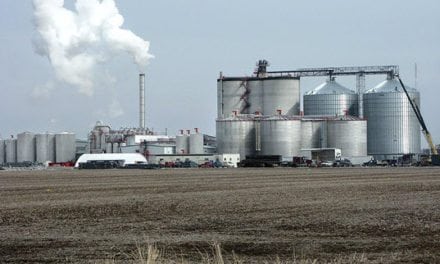By Maura Keller
The decision to buy or lease truck equipment can be difficult. It requires careful consideration of the many factors involved as well as finding key specialists who can provide advisory services to complete the deal. Of course, purchasing or leasing new equipment can impact the efficiency and structure of an entire organization.
The term “leasing” has been around for decades. As traditionally defined, leasing is an agreement similar to renting. Whether you choose a 36- or 72-month lease, each month you are paying the trucking company for the right to use the equipment, with an option to buy once your lease is up.
For some fleet owners and operators, while leasing looks like a great deal because of a low or no down payments and lower monthly payments, if you choose to buy the your own trucks when your lease is up, you may end up paying more for the trucks than if you had originally purchased.
That said, many businesses and professionals choose to lease their fleet vehicles because they plan to upgrade their vehicles every two to four years and don’t want the maintenance expenses that are often associated with older vehicles.
According to John Barlow, vice president of global products at Ryder, because each business is unique and their needs vary dramatically, Ryder tries to tailor each lease agreement to the customers’ specific needs, so there isn’t really a “standard” lease per se.
“With that said, we see most lease terms range between three to seven years,” Barlow says. “We see that most of our customers understand our value proposition when it comes to maintenance so most of our leases include all maintenance, including tires and brakes. And our customers know that up-time is a critical success factor in their business so most customers do include substitute vehicles in their lease so they can keep running their fleet without disruption.”

In May 2016 Ryder launched a new portfolio of leasing options for commercial operations to provide unique, individualized options that work for each company.
“We’re constantly listening to the marketplace, and offering customers more ways to do business with Ryder on their terms,” Barlow says. “Our fleet management products and services help address some of the barriers that in the past have prevented private fleets from outsourcing their transportation functions. The main difference between the leasing products comes down to the level of maintenance the customer receives, which is included in the price.”
The leasing options Ryder offers include:
- Ryder ChoiceLease Full Service: The Company’s traditional full-service lease with all maintenance included, even items such as tires and brakes for the duration of the lease.
- Ryder ChoiceLease Preventive: Allows customers to enjoy the financial benefits of a Ryder lease with preventive maintenance on new and used vehicles, enabling them to choose how and where to handle their other repairs or maintenance outside of preventive checks.
- Ryder ChoiceLease On-Demand: Provides customers with the financial benefits of leasing, combined with access to Ryder’s national maintenance network on a pay-as-you-go basis. The offering is available on new and used trailers, as well as used power equipment.
As Barlow explains, with each option, the customer can work with Ryder to determine the term, financing arrangements, and service delivery method.
“This is a first in the transportation industry. You decide the terms,” Barlow says. “You choose the lease with the maintenance level and delivery method you prefer. You choose the type of truck you want. And you choose from many financing options. The only commitments you make in this lease are the ones you want—the ones you choose—because they are right for your business.”
PACCAR Leasing (PacLease) also provides full-service lease, rental and contract maintenance programs, combined with premium quality custom-built Kenworth and Peterbilt trucks. PacLease has independent and company owned full-service leasing locations throughout North America through a network of over 500 locations.
(Click below for next page)









